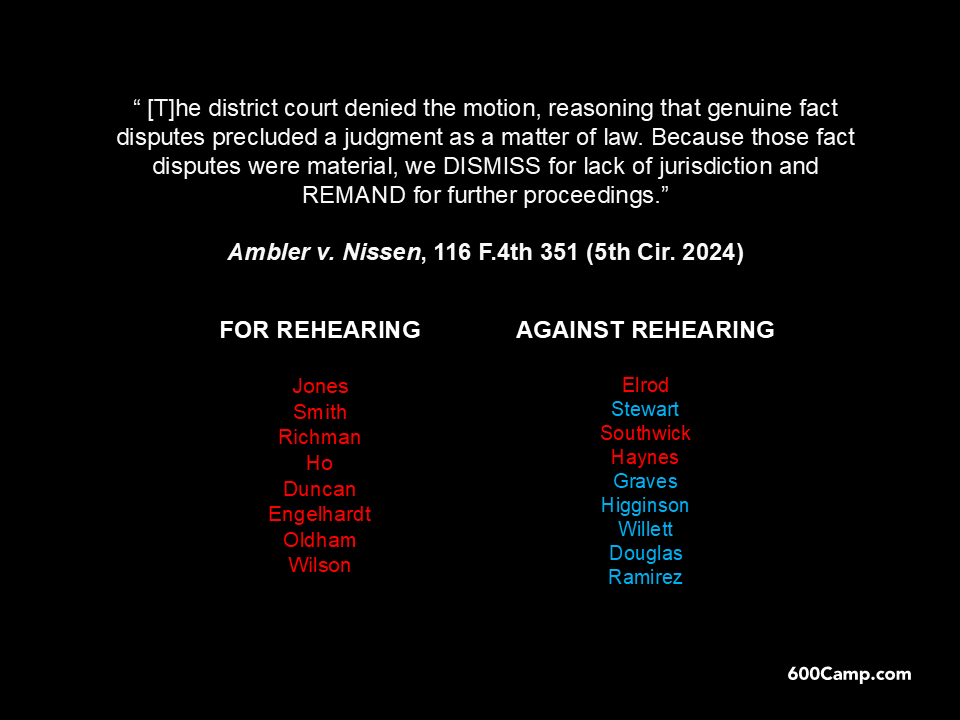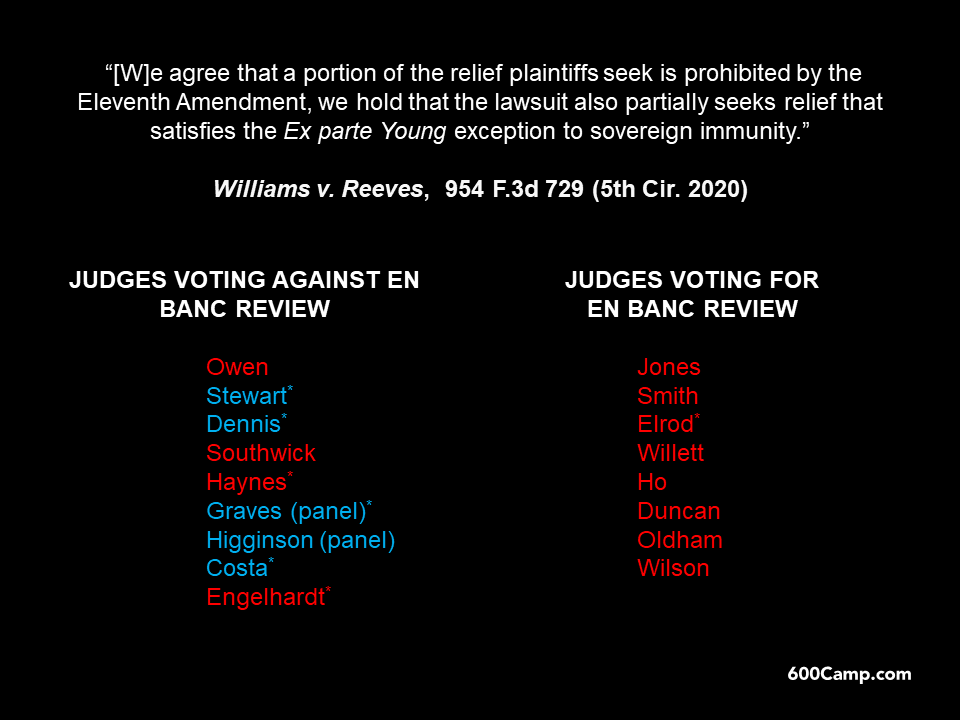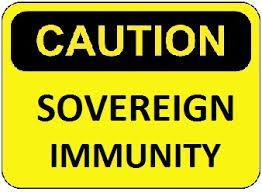 In Ramirez v. Granado, a Fifth Circuit panel reversed a summary judgment on qualified immunity in a police-shooting case, producing a vigorous dispute between a concurrence and dissent.
In Ramirez v. Granado, a Fifth Circuit panel reversed a summary judgment on qualified immunity in a police-shooting case, producing a vigorous dispute between a concurrence and dissent.
The majority found genuine issues for trial, reasoning that a jury could infer that the decedent posed no immediate threat when the fatal shots were fired as he fled with his back turned. It highlighted that, after an initial miss, the officer fired six more rounds “without warning,” four striking “the back of [the decedent’s] head and shoulders,” and then asked, “did he have a gun?”—evidence a jury could use to reject a claim of an imminent threat. erception..
The dissent read the relevant videos and radio traffic as yielding one, dispositive narrative: “Here are the undisputed (and indisputable) facts,” including a 120‑mph chase into a residential area, an “armed and dangerous” advisory, the suspect “holding a gun,” and an eight‑second window from “he has a gun!” to the final shot—concluding that denying qualified immunity is “wrong.” It deemed the “did he have a gun?” remark “astonishingly irrelevant” because the officer learned the occupants were armed and dangerous and nothing “suggest[s] Officer Granado was lying.”
Legally, the majority (and concurrence) emphasize the “totality of the circumstances,” the predominance of the threat‑of‑harm factor once deadly force is used, and that a jury could find the justification had “ceased” by the time shots were fired at a suspect running away. The concurrence added that the dissent’s “mile‑wide” citations involve “overt‑threat” or “furtive‑reach” cases that don’t fit this record, when viewed favorably to the plaintiff (as it saw the record, showing continuous visual contact, no commands to disarm, no pointing, and back‑to‑front wound paths).
The dissent, based on its view of the video/radio evidence, reasoned that qualified immunity applies absent a case “that squarely governs” these “specific facts”: “It is the majority, the concurrence, and [the plaintiff’s] job to point to a case that squarely governs this one. It is not mine.” The dissent cited two Fifth Circuit opinions about firearms that it saw as “materially indistinguishable” from the facts of this case.
En banc review seems likely; serious consideration of en banc review, a certainty. No. 24-10755; Dec. 10, 2025.

















